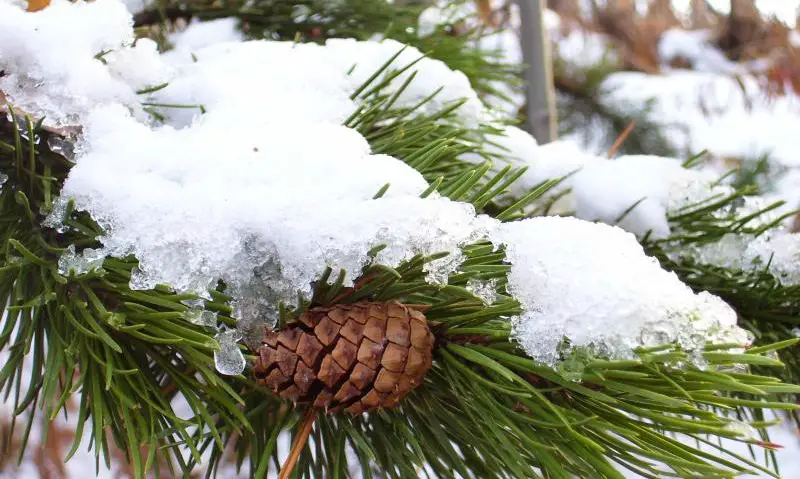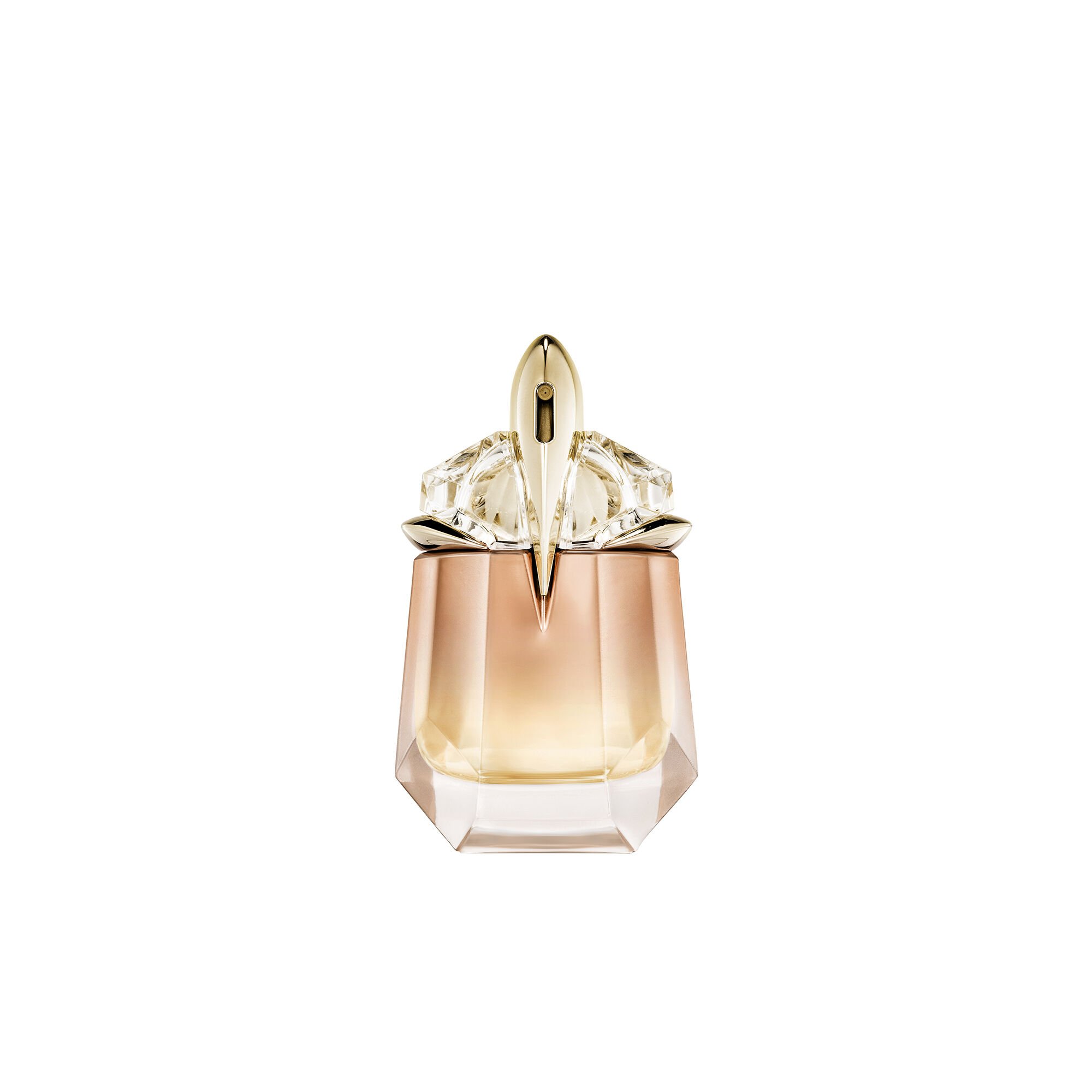A Fresh and Woody Symphony
At its core, the scent of pine is fresh and woody. Many describe it as clean and crisp, reminiscent of cool winter air or a refreshing forest hike. It has a certain sharpness, a zesty twinge that awakens the senses.
Tales Told Through Resin
Dive a little deeper, and you’ll pick up on the subtle resinous undertones. This is the tree’s lifeblood, the sap that courses through its veins. It carries with it a slightly sweet, almost balsamic aroma that provides depth and complexity to the overall scent.
Emotional Overtones
For many, pine is more than just a scent—it’s a feeling. It might remind one of Christmas mornings, of family gatherings around a festively decorated tree. For others, it’s the smell of adventure, evoking memories of camping trips or walks in the woods. The emotional connection people have with pine’s scent is a testament to its power to resonate on a deeply personal level.
Cultural Significance
From a cultural perspective, pine has been revered in various traditions. The ancient Greeks associated it with the god Pan, while in many East Asian cultures, it’s a symbol of longevity and virtue. Its scent has been captured in countless perfumes, candles, and essential oils, often touted for its calming and grounding properties.
In Conclusion
Describing the smell of pine is like trying to paint a picture of a sunrise. It’s multidimensional, layered with nuances and subtleties that can vary from one tree to another, and from one person’s experience to the next. It’s fresh, woody, resinous, and so much more. But perhaps what makes pine’s aroma truly special is its ability to transport us, evoke memories and emotions, and connect us with nature and with each other.









